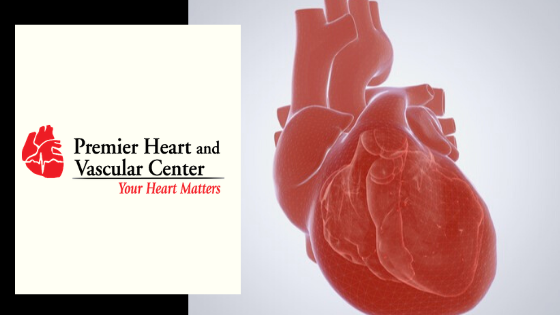By Huy Khuu, MD, FACC
Premier Heart and Vascular Center, Zephyrhills
A congenital heart defect is a structural problem in the heart that’s present from birth. These defects can affect various areas of the heart and present in multiple ways.
The Types of Congenital Heart Defect
Several congenital heart defects or diseases exist, and they can range from mild to severe:
- Ventricular septal defect (VSD) is an abnormal opening in the wall of the ventricles. It is the most common congenital heart defect and is usually treated successfully upon diagnosis.
- Aortic stenosis is a small, stiff or narrow aortic valve that decreases blood flow. This puts a strain on the heart and can weaken it over the person’s lifetime.
- Coarctation of the aorta (COA) is a narrowing of the aorta that causes the left side of the heart to work harder to pump blood.
- Atrial Septal Defect (ASD) is an abnormal opening in the wall that divides the upper chambers of the heart (atrium). The opening allows blood to pass through, increasing the amount of blood to the lungs.
- Truncus arteriosus describes being born with one large artery instead of two separate ones. Open-heart surgery is required upon birth to prevent complications later in life.
- Tetralogy of Fallot (TOF) is a change in the way blood flows through the heart and to the lungs. The defect is fixed upon birth or later in infancy with open-heart surgery.
- Patent foramen ovale (PFO) denotes that the foramen ovale has stayed open after birth. The defect causes no problems in most cases.
- Patent ductus arteriosus (PDA) describes an extra blood vessel in babies before or upon birth that usually closes on its own in the first days of life. If it remains open, the extra blood being pumped puts an additional strain on the heart.
- Ebstein Anomaly is a rare defect of the tricuspid valve that causes reduced blood flow.
The Causes of Congenital Heart Defects
The cause of a specific congenital heart defect in a baby is usually unknown but likely suspects include:
- Gene or chromosome problems
- Viral infection (rubella for example) in the mother’s first trimester
- Alcohol or drug abuse during pregnancy
- Taking specific medications during pregnancy
Treatment Options and Lifestyle Changes for Congenital Heart Defects
Treatment options depend on the exact defect, but in many cases, it won’t even be required. When treatment is required, the most likely routes are surgery, medication or other standard procedures. And a person with a congenital heart defect will likely visit a specialist regularly for life to monitor and track their condition.
Lifestyle changes are generally not an answer to congenital heart defects; however, an overall healthy lifestyle is important to support cardiovascular health. If you want to learn more about any of these defects, specific treatments or ask for general advice, you can always contact the Premier Heart and Vascular Center.



